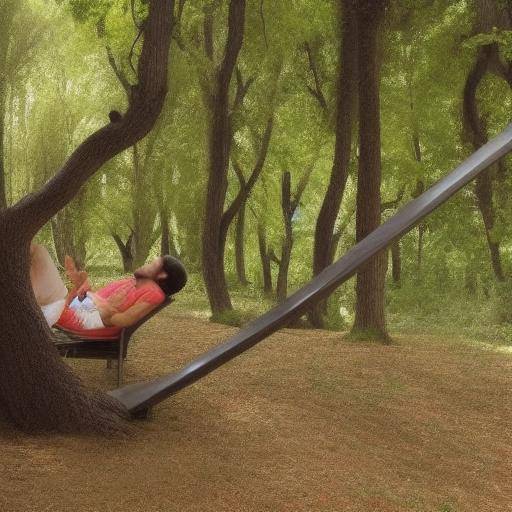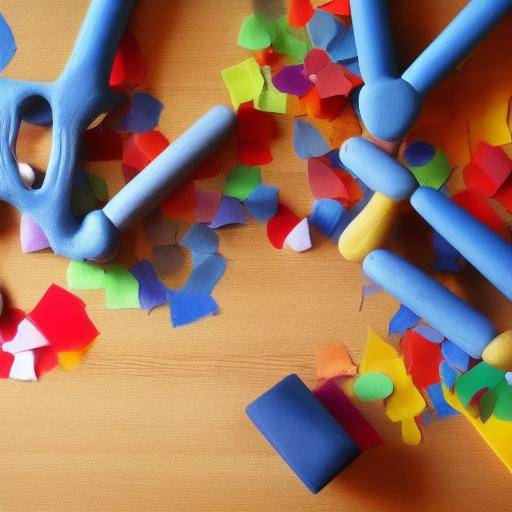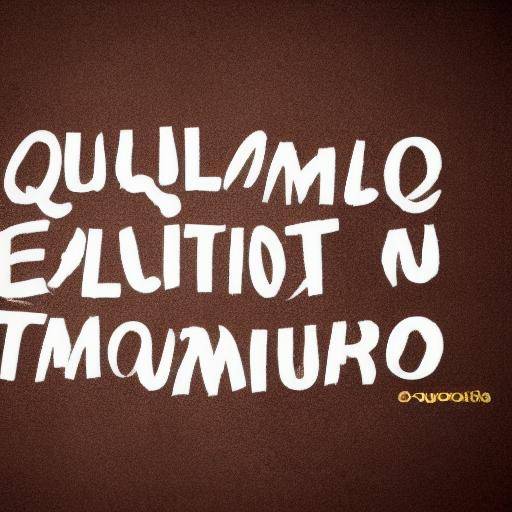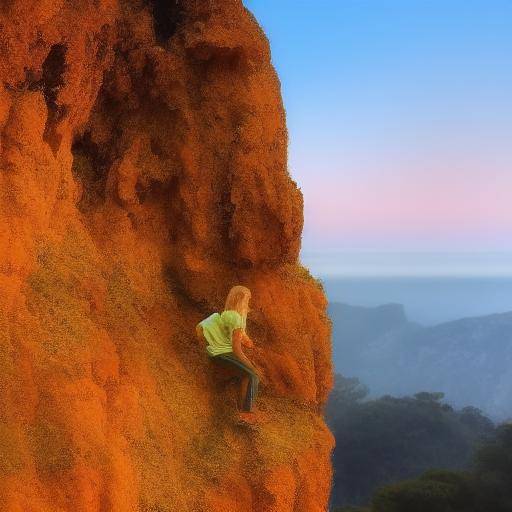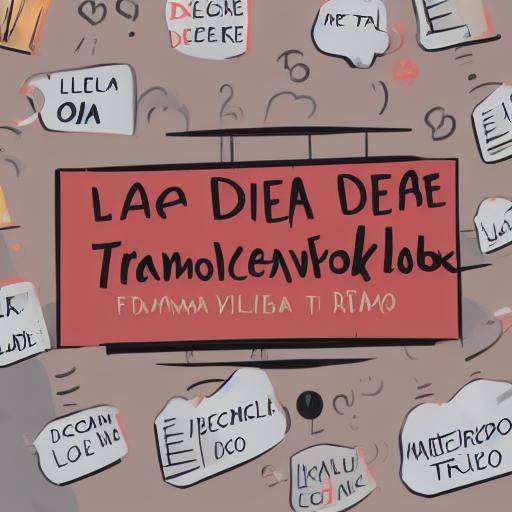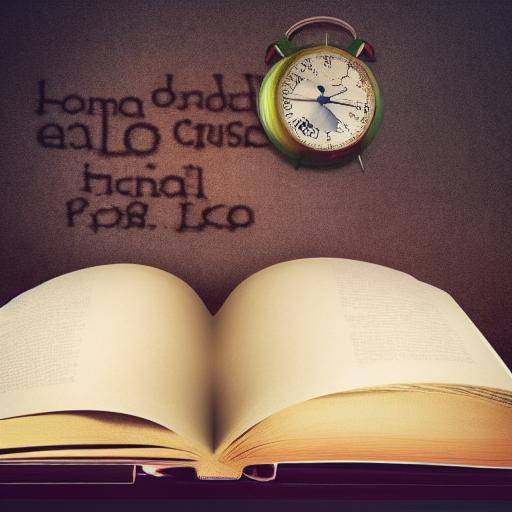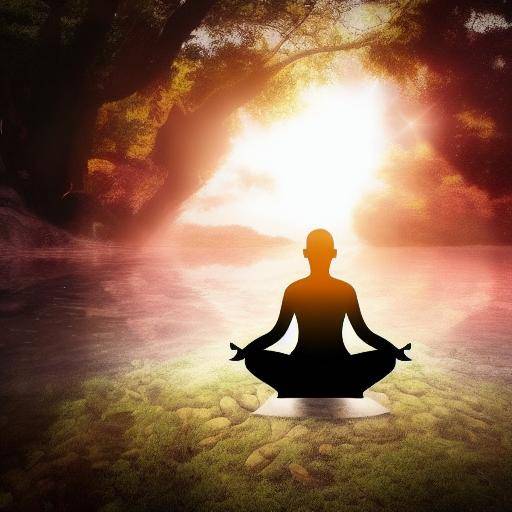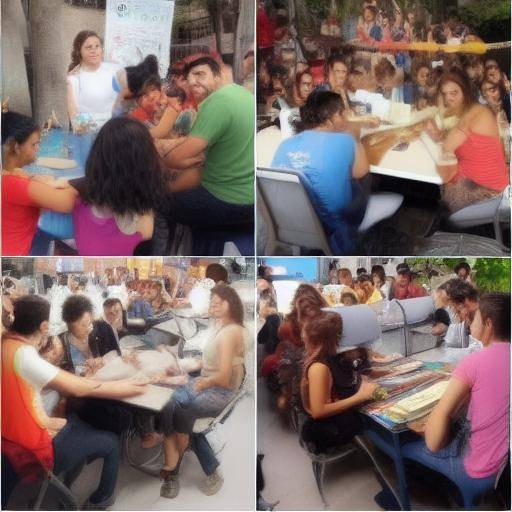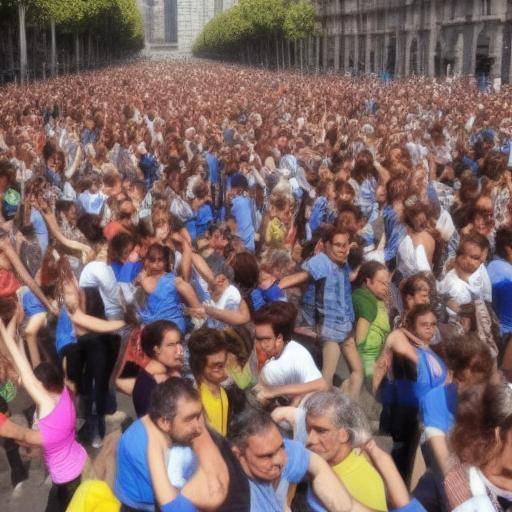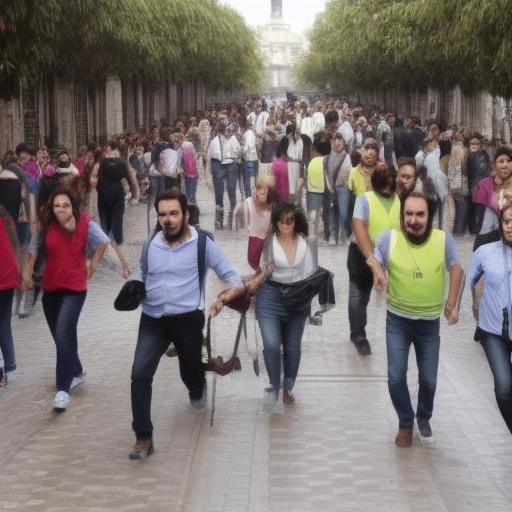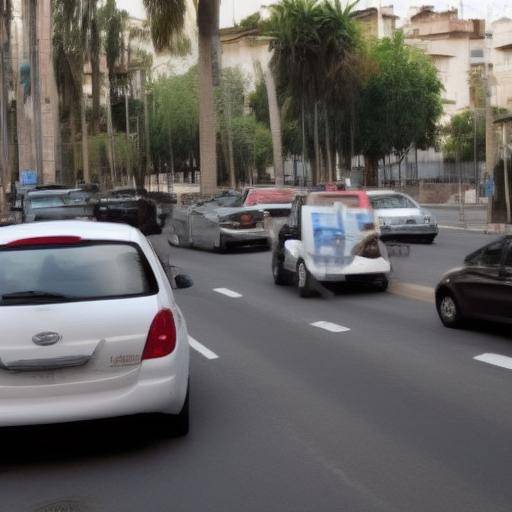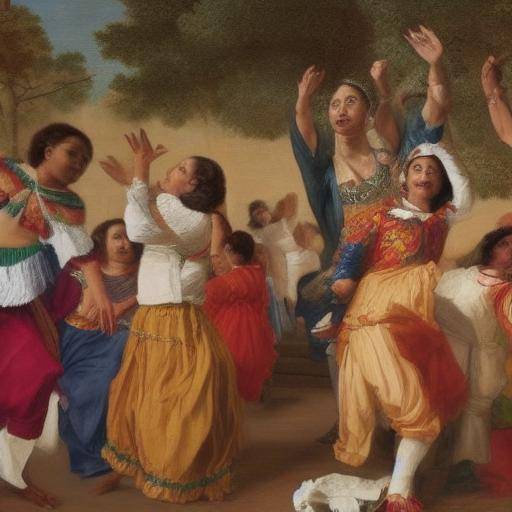
Free time is an invaluable resource that allows us to escape daily stress and explore new experiences. In this era of constant digital connection, cultural activities have become a powerful way of enriching our free time. From visits to museums and concerts to participation in theatre works and language classes, the options are endless. In this article, we will explore in detail the impact that cultural activities have on the use of free time, analyzing its importance in personal enrichment and offering relevant information for those interested in maximizing their leisure time.
Introduction
The concept of cultural activities involves a wide range of activities that foster creativity, artistic appreciation, intellectual exploration and personal development. These include, but are not limited to, visits to museums, attendance at concerts, participation in theatre shows, dance classes, painting, writing, as well as the exploration of gastronomy and cultural traditions. Free time, on the other hand, is that space of time in which we are not bound by labor or family responsibilities, allowing us to spend hours enjoying our personal hobbies and interests.
History and Background
Cultural activities have played a central role in society for centuries. From ancient Greece and Rome, where theatre and philosophy were fundamental to public life, to the Renaissance, during which plastic arts and music were promoted exponentially. In the twentieth century, cultural movements such as surrealism and modernism revolutionized the way people perceive art and culture. The contemporary world has seen exponential growth in the availability of cultural activities, from access to digital libraries to the proliferation of artistic festivals around the world.
Analysis in Deep
The impact of cultural activities in free time goes beyond entertainment. These activities offer a unique opportunity to expand our horizons and nurture our mind and spirit. Participation in artistic activities such as painting or music, for example, has proven to be beneficial for mental health, promoting relaxation and reducing stress levels. In addition, assistance to cultural events fosters empathy by exposing us to perspectives and experiences different from our own. In a globalized world, this empathic understanding is fundamental to the development of more tolerant and compassionate societies.
Comprehensive review
Cultural activities not only enrich individual free time, but also play a vital role in community cohesion and economic development. Cultural festivals, for example, not only provide fun and entertainment, but also promote local tourism and generate economic opportunities for local artists and artisans. In addition, the promotion of cultural activities in educational settings enriches the learning experience of students by fostering creativity, critical thinking and aesthetic appreciation.
Comparative analysis
Cultural activities and free time, when integrated effectively, have a profound impact on personal enrichment. The exploration of different forms of art and cultural expression can trigger a journey of self-discovery and inspiration. Likewise, the variety of cultural activities allows people to find meaningful connections with other individuals who share their interests, which in turn strengthens social ties and fosters a sense of community.
Practical Tips and Recommendations
For those who wish to enrich their free time through cultural activities, it is useful to explore different options based on their personal interests. From joining reading clubs to participating in art workshops, the key is to actively and actively explore. Proactive planning of cultural activities infusing personal interests and the time available helps ensure that this enriching leisure time is maximized.
Industry Perspectives and Expert Reviews
Experts in the cultural and leisure field emphasize the importance of integrating these activities into everyday life. They also point out that cultural activities not only offer entertainment, but also have a significant impact on mental health, emotional well-being and social connection. These factors are crucial for the integral development of an individual and the construction of prosperous and vibrant communities.
Case Studies and Real Life Applications
Numerous studies and examples of real life have shown how cultural activities enrich people's lives. From community programs that encourage the participation of young people in artistic activities to initiatives that use theatre to address social problems, it has been shown that these activities have a positive impact on people's daily lives. These cases highlight not only the intrinsic value of cultural activities, but also their unique capacity to address social challenges and foster cultural diversity.
Future Trends and Predictions
As society evolves, cultural activities are likely to continue to play a crucial role in individual and community development. The integration of emerging technologies, such as virtual reality and artificial intelligence, provides new opportunities to expand the scope and accessibility of cultural activities, reaching more diverse audiences and overcoming geographical barriers.
Conclusions and FAQs
In short, cultural activities have a significant impact on the enrichment of free time, offering benefits ranging from personal well-being to the strengthening of the community. By actively exploring and participating in these activities, people can experience substantial personal growth and contribute to the cultural flourishing of their environments. To continue learning about this topic, the following addresses some frequent questions related to cultural activities, free time and personal enrichment.
FAQs
What are some cultural activities that can be enjoyed in free time?
Free time offers the opportunity to participate in a variety of cultural activities, such as museum visits, concert attendance, participation in cultural festivals, art classes and crafts, among others.
How can cultural activities enrich personal life?
Cultural activities foster creativity, promote empathy, reduce stress and strengthen social connection, which contributes to personal enrichment and emotional well-being.
What is the importance of integrating cultural activities into education?
The inclusion of cultural activities in the educational environments stimulates creativity, critical thinking and aesthetic appreciation, enriching the learning experience of students.
How can cultural activities strengthen communities?
Participation in cultural activities promotes community cohesion by providing meeting points and cultural exchange, as well as promoting local tourism and generating economic opportunities for artists and artisans.
What future trends are visible in the field of cultural activities?
The use of emerging technologies, such as virtual reality and artificial intelligence, promises to expand the scope and accessibility of cultural activities, reaching more diverse audiences and overcoming geographical barriers.
What is the relevance of cultural activities in the digital era?
In the digital era, cultural activities play a crucial role in providing authentic and tangible experiences, countering the disconnection that may arise from digital saturation.
Conclusion
Ultimately, cultural activities are central to the enrichment of free time, offering a wide range of benefits ranging from personal expansion to the strengthening of society. By actively taking advantage of these opportunities, people can cultivate a full and enriching life. As we continue to explore the fascinating world of cultural activities, it is essential to recognize its intrinsic value and its ability to shape meaningful experiences that will persist in our lives and in society as a whole.

